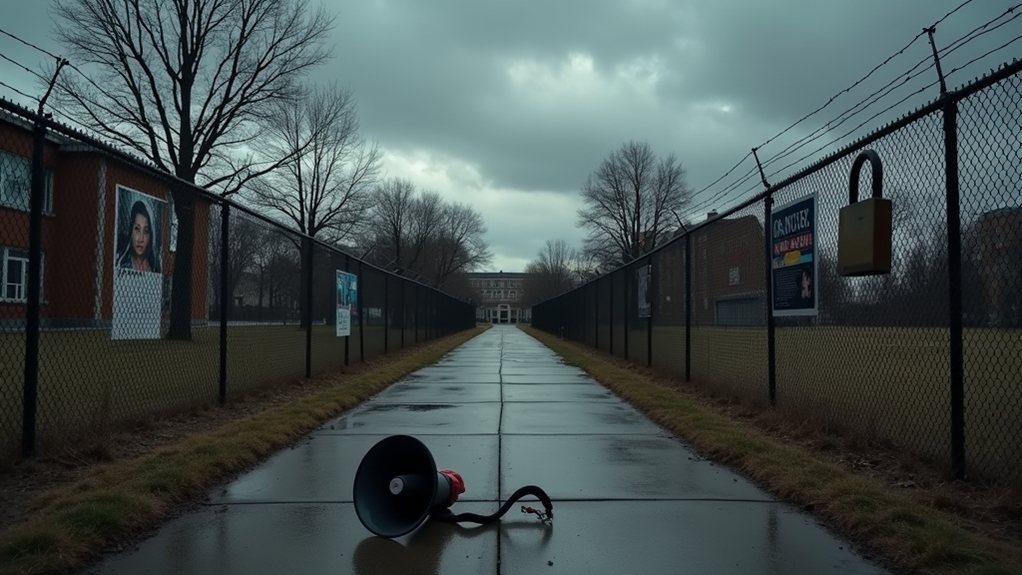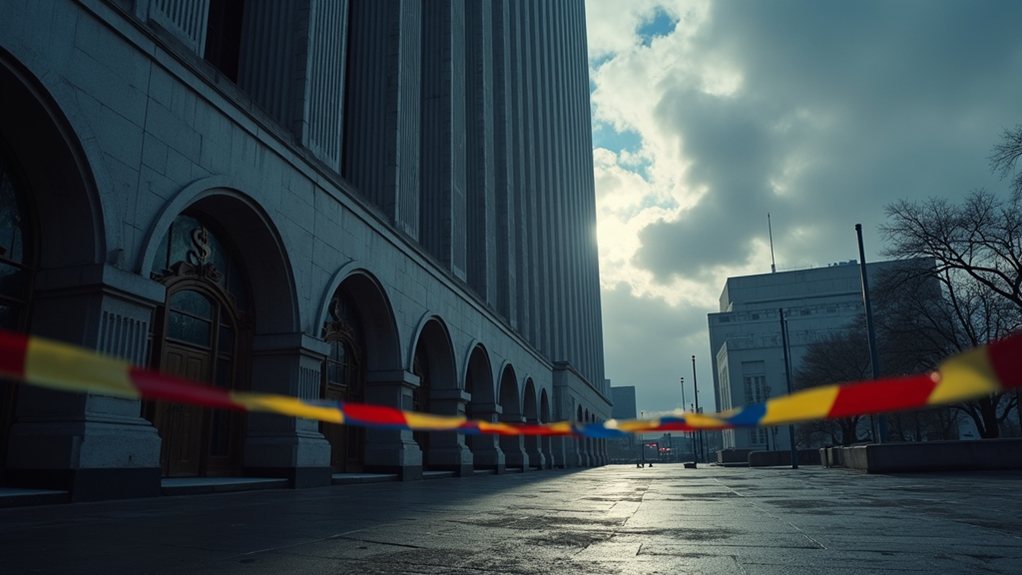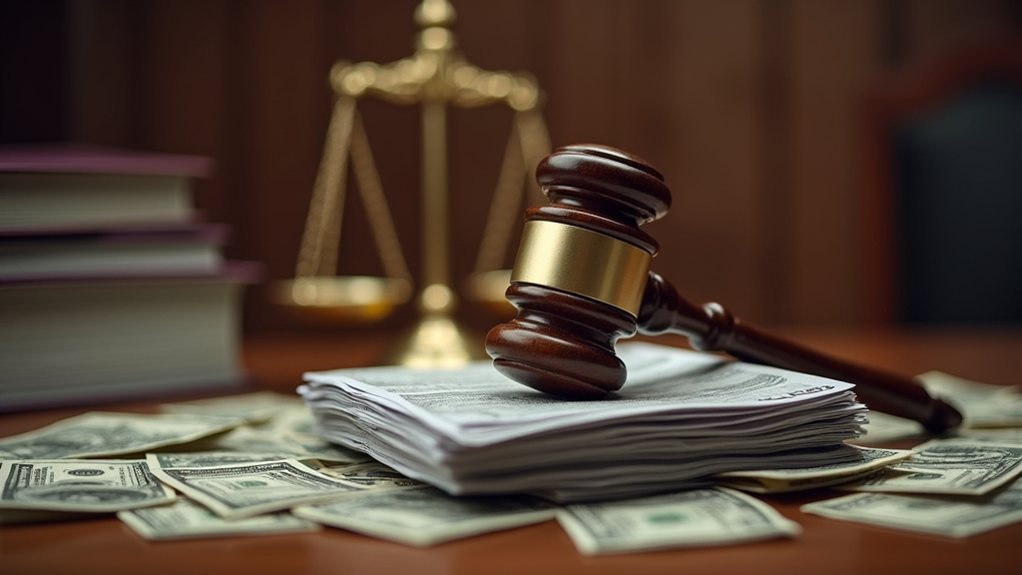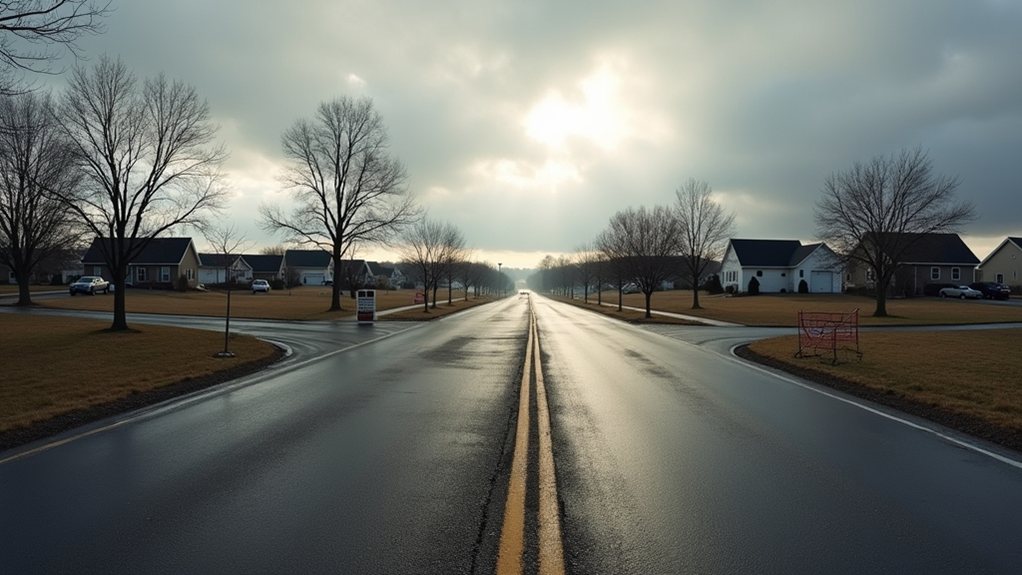In a bold move on his first day back in office, Donald Trump signed the "Restoring Freedom of Speech" Executive Order. This order claims to put an end to what he calls "federal censorship" of online speech. It directs the Attorney General to investigate activities from the past four years that may have limited free speech. The order also prohibits using taxpayer dollars to censor protected speech. However, it lacks clear details on how these goals will be achieved.
Trump's agenda has raised concerns, especially on college campuses. He threatened to cut federal funding from schools that allow "illegal protests." Additionally, he reinstated complaints against broadcasters regarding their election coverage. He even proposed deporting international students who join protests. His administration has pressured universities to abandon programs related to diversity, equity, and inclusion. Schools have been urged to monitor and punish students for expressing their views. Presidents of educational institutions have argued that these actions undermine the checks and balances that protect academic freedom.
Trump's agenda threatens college campuses by cutting funding for protests and pressuring schools on diversity programs.
In federal agencies, Trump removed language related to diversity from government websites. He deleted important health research pages and ordered the CDC to pause certain publications. This approach has led to accusations of censorship, particularly in the scientific community.
On social media, Trump ended Meta's third-party fact-checking program. He claimed that fact-checking interferes with free speech. He also accused the previous administration of pressuring platforms to censor content. His proposals could limit legal protections for social media companies that moderate what users post. Section 230 reforms were proposed to limit immunity for platforms that actively editorialize content.
Trump's actions towards journalists have sparked controversy too. He pardoned individuals charged with attacking journalists and threatened legal action against news outlets that report unfavorably about him. Critics argue that he is trying to silence dissent by revoking press credentials and expanding libel laws.
His approach has faced opposition from various groups. The ACLU and medical organizations have raised alarms about the protection of free speech and research censorship. Legal challenges are emerging, questioning his executive orders on First Amendment grounds.









